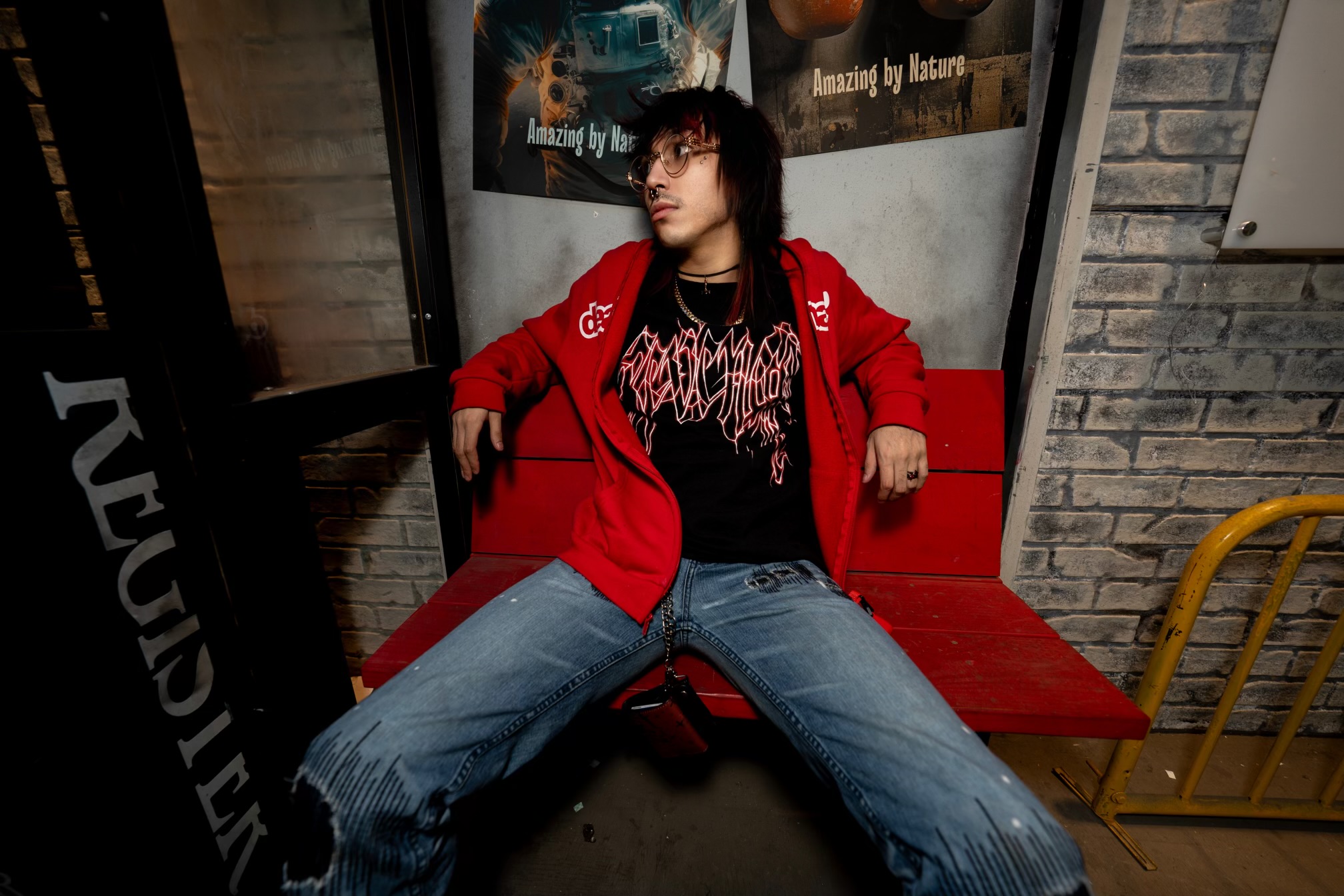The Halo series has been very controversial since its Paramount+ premiere. While some people have been liking the series, some fans of the video game franchise have been appalled at the differences between the two. Video games have always been notoriously hard to adapt and Halo joins the long list of projects that didn't live up to expectations. The series took many liberties, and managed to lose many of the games' unique elements in the process.
The Halo series takes place in its own timeline called the Silver Timeline, which is how the show justified some of its massive diversions from the source material. While changes were expected, especially when the lore of Halo is so dense, many fans felt the TV show bore no resemblance to the video games or accompanying books. Season 1 was a prime example of how video games just aren't suited to being made into TV series or films.
Video games have frequently been adapted into movies and TV with little to no success. From Assassin's Creed to the abomination that was Street Fighter: The Movie, every attempt at bringing video games to the screen has been regarded as a critical failure. That's because it's difficult for movies and TV to capture the interactive experience of playing a game. Hitman and Tomb Raider are incredibly detailed, but when they were brought to screen they felt lifeless and boring. Assassin's Creed missed the mark on almost all its key elements, failing to capitalize on the rich mythology. Halo continues the Hollywood trend of misunderstanding video games.
The main issue is how the show interpreted Master Chief. In the games and books, Master Chief is a stoic, no-nonsense soldier. He spent his life being trained and conditioned to be a super soldier. Yet in the show it seemed like most of those instincts and abilities came from a small pill implanted in his back. After he removed the implant, Halo took many of his strengths with it. He trusted and slept with an enemy spy after only knowing her a few days, he made illogical combat decisions and he was going for strolls in the park. Admiral Parangosky rightly commented that Master Chief doesn't walk in the park.
Additionally, a lot of the conflict between the UNSC and the Covenant was tossed aside until a battle needed to take place. The UNSC talked about being at war with the Covenant far more than they were actually shown fighting them. Since the series decided to have Master Chief and the UNSC actively search for the Halo ring instead of stumbling upon it, most of Season 1 was spent on that quest. They did end up finding some information about it, but by the season finale they didn't complete that mission either.
Since it was telling such a radically different story, Paramount+'s Halo felt more like a generic science fiction series that wanted to cash in on the visuals of Halo. Video games are hard to adapt because players put so much of themselves into the characters as they play. When a character like Master Chief is changed beyond recognition and seems like a secondary protagonist, they feel like they have lost the connection to that character. Some episodes moved closer to the games, but not enough of them were close to what die-hard fans expected from the franchise.
While it works as a standalone series, Halo is a mess when it comes to adapting the source material. It prioritized creating its own universe and story over years of the franchise's established storytelling -- and the first season didn't offer any improvements either. The end result of years of development and production was another underwhelming project that's one more example of video games being best left in their own medium.
The first season of Halo is now streaming on Paramount+.


-(1).jpg)
.jpeg)